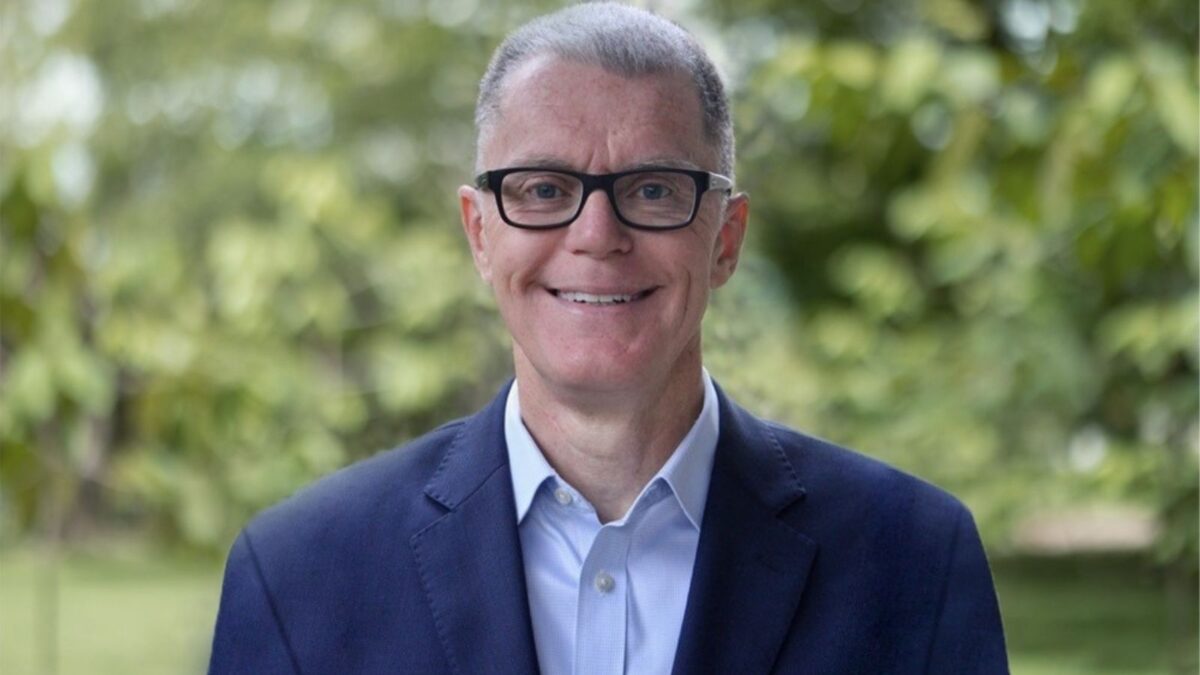My father’s table: The recession we didn’t have to have
Our brains are hotwired for fear. As my dad used to say, the optimistic caveman was often some animal’s dinner. But fear is not always rational. Past experience takes precedent when assessing tomorrow’s risks. Past risks live in our minds longer than they should.
To paraphrase Shiller’s “Irrational Exuberance”, our economic and financial assessments can be driven by “Irrational Prejudice” resulting from past experience. I suspect that this is happening today when it comes to what some economists are forecasting around their inflation outlook. Equally intriguing is how many of today’s inflation hawks are baby boomers like me; those who remember runaway inflation and ~18 per cent mortgage rates. The economic consequences were painful.
I believe that most of the concern around post Covid inflation arises from irrational prejudice.
It’s funny how the hawks were nowhere to be found when inflation was under the target of 2-3 per cent – blind, deaf and mute even when early QE failed to push inflation back up to the two per cent target range; even when we observed negative nominal government bond yields, meaning bond investors were paying the governments for being the lender; even when some central banks were buying index ETFs as a proxy for government bonds. I guess they were too busy leveraging their real assets and buying crypto to realise that one day this zero interest rate party would end. But I digress.
Nobody discusses other tools for managing and controlling inflation. The underlying fix must go well beyond interest rates, not just in fighting inflation but equally in controlling negative side-effects of a previously overextended QE and zero interest rate environment.
And when was the last time we tested the thesis that targeting inflation between 2-3 per cent is indeed the ‘sweet spot’? Wouldn’t a ‘sweet spot’ be commensurate with the actual environment and current secular drivers? The econometric models suggesting optimum utility when baby boomers were previously net borrowers may not be the same as when they’re asset rich, no? I’ve met many a retiree who was hoping interest rates would rise, not fall as they no longer held on to a mortgage and often used cash rates to supplement their retirement income.
Back at Walt Whitman High School I was taught that governments can control economic activity, including inflation, through both monetary and fiscal policy. While central banks act independently they can implement harsh policies with little to no regard for voter sentiment. Elected officials, on the other hand, are greatly influenced by voters. And where once tight fiscal policies were commonplace, that’s no longer the case today.
Given it’s been decades since we last saw any meaningfully tight fiscal policy being implemented, I guess it’s not too surprising that we’ve forgotten how to assess the efficacy of tight fiscal policy. We instead lean on royal commissions to study tax policy, only for governments to then ignore the recommendations, citing arbitrary issues instead of facing up to the dark truth; increasing taxes loses them their office. So why are we overlooking this? An irrational prejudice perhaps?
The intriguing question remains: why are the inflation hawks so hyper-focused on the use of interest rates for fighting inflation? What if the inflation that we’re observing is less a result of cost/push CPI than it is a function of economies restabilising after an over extended QE and Covid disruptions? If lowering monetary policy and a blow out in money supply didn’t push GDP and CPI back to a more stable level, why then are so many quiet when asked if the opposite would work in pushing both back down?
Inflation needs to be controlled. But must we be so reliant on econometric algorithms which pay little credence to the uniqueness of our economies post Covid? After WW2, US CPI rose to 17 per cent in 1946 and another nine per cent in 1947. Yet cash and bond rates were unmoved as central bankers appreciated that the reopening of the global economy would drive inflation up temporarily (or, more likely, central banks didn’t have computer power to be wedded to a model which could not account for such nuances).
If lowering interest rates to ~zero didn’t push inflation and GDP back up to historical norms, then would it be unreasonable to assume the opposite? The probable consequence from such an irrational prejudice is that the only “inflation” reversed will be the asset inflation delivered from an overextended QE, leaving CPI unphased while pushing many households into economic hardships. To paraphrase Paul Keating, this will likely end up being the recession that we didn’t have to have.
My Father’s Table is a recurring column penned by Rob Prugue. The previous instalment can be found here.










